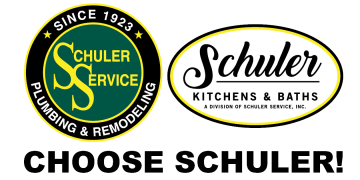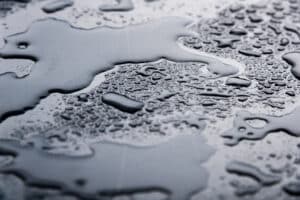4 Facts About Reverse Osmosis and Deionized Water
Are you concerned about the quality of water in your home? Do you wish to remove impurities and bacteria from your water to make sure it’s safe to drink and use? Do you find your water tastes bad because of minerals and other impurities? If you answered yes to any of these questions, you could benefit from a water filtration system.
There are many different types of water filtration systems that residential homeowners use to purify their water and remove harmful minerals. The two that we will examine today are reverse osmosis and deionized water filtration.
These two popular systems are a great way to get high-quality water in your home.
Let’s take a look at the differences:
How Reverse Osmosis Works
Natural osmosis occurs when a solution moves from a low ion concentration to a high ion concentration.
Reverse osmosis (RO) does the opposite by forcing your water through a specialized membrane from a high ion concentration to a low concentration. The membrane traps bacteria, minerals and other impurities that could make your water taste bad or make your family ill.
What are the benefits?
There are many benefits to using a reverse osmosis system. Some of the most prominent benefits include:
- Peace of mind knowing your water is safe to consume and use for bathing.
- Saving money from not purchasing bottled water. In a short period of time, the filter will pay for itself.
- One of the downsides of a reverse osmosis filter is that it can waste water, which could result in a higher water bill.
- Another negative feature is that RO filters are often quite porous and can let larger debris through, meaning that homeowners will often need a secondary filter.
What is Deionized Water?
A deionized water filtration system (DI) uses a two-step process to remove minerals and impurities from the water. The first step passes the water over positively charged hydrogen ions. This removes minerals and metals from the water.
Once the water is positively charged, it is exposed to negatively charged hydroxyl ions, which cancel out the positive ions.
The result is completely neutral, clean water. In addition to using it in residential homes, deionized water is also used in the textile industry, auto-finishing industry and with pharmaceutical development.
Is there a downside?
Deionized water has many benefits and advantages in addition to a couple downsides that may make homeowners think twice before opting for this type of filter.
Some of the pros and cons include:
- Homeowners can rest assured that their water is perfectly clean and pure at all times.
- It will result in savings from not purchasing bottled water.
- Some experts claim that DI filters remove trace elements that are actually healthy for us and make the water taste better.
For more information on DI and RO filters, call the experts at Schuler Service Inc. Our technicians are more than happy to explain the unique benefits of each type of filter to help you make the best decision for your family. For service in Allentown, PA, call (610) 991-7098 today.








